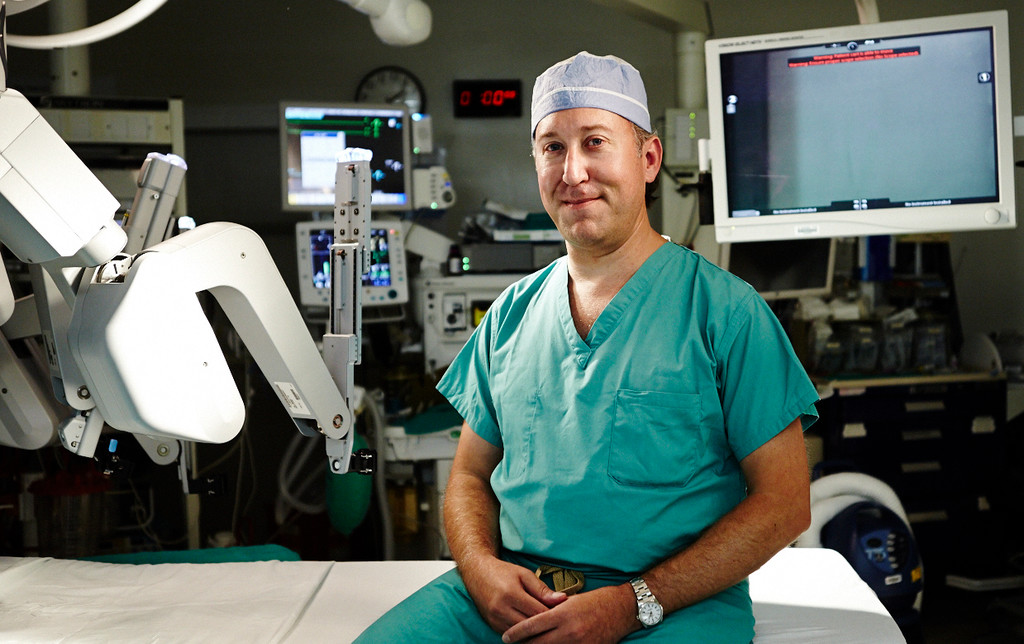Maimonides urges early cancer prevention for men
September is Prostate Cancer Awareness Month, and a leading expert at Maimonides Medical Center in Boro Park offers guidance to men concerned with this serious disease. Prostate cancer is the second most common cancer among men, with approximately 1 in 7 men diagnosed in his lifetime. It is also the second leading cause of death among men in the United States.
Prostate cancer is one of the slowest-growing tumors known. Half of men aged 70 have prostate cancer — by 90, few do not have it, and the vast majority of men with prostate cancer die with it, rather than from it.
According to Dr. David Silver, Chief of Urology at Maimonides Medical Center, “It is increasingly evident that prostate cancer has been over-treated in the past, and therefore, medical societies are not currently recommending routine screenings,” he explains. “But you should be aware of your risk profile and ask your own doctor if you need to be concerned.”
Dr. Silver advises that men at greater risk for developing prostate cancer, or men who exhibit potential symptoms, should consult a physician to discuss if testing is the best course of action. Here are some of the risk factors:
•Age: Over 60% of new diagnoses occur in men over the age of 65.
•Family History: Having a father, brother or son who has been diagnosed with prostate cancer.
•Race: African-American men are 63% more likely to be diagnosed than white men.
Symptoms of prostate cancer may include: problems passing urine; blood in urine; impotence; pain in the hips, back, chest, or other areas; or weakness/numbness in the legs or feet.
Many factors impact the decision to treat prostate cancer. If caught early, before prostate cancer has spread to other parts of the body, there can be a better chance of fully recovering, and urologists at Maimonides provide the most advanced treatments aimed at facilitating a faster recovery. Some patients opt for active surveillance which means waiting to see if the cancer progresses before undergoing treatment.

 48.0°,
Overcast
48.0°,
Overcast 




